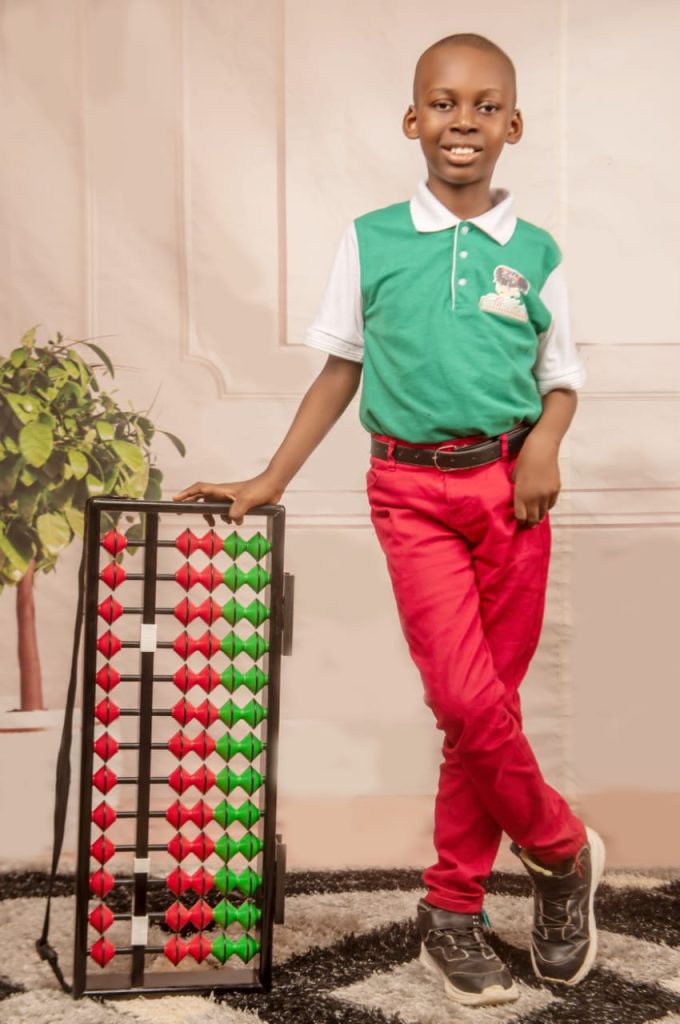In today’s fast-paced world, education goes far beyond textbooks. It’s about nurturing young minds to think smarter, faster, and more creatively. One incredible tool that has stood the test of time, yet feels more relevant than ever is the Abacus.
At SIMA Abacus, we believe learning should be both effective and exciting. The Abacus isn’t just a math tool, it’s a brain-training powerhouse that lays the groundwork for lifelong learning and personal success.
Beyond Numbers: A Brain-Building Experience
Most people associate the Abacus with fast math, but the real magic lies in what it does to a child’s mind. Using the Abacus activates both sides of the brain logic and creativity. It turns learning into an immersive experience that builds focus, confidence and mental agility.
Children don’t just calculate, they visualize, strategize and solve. This is the kind of mental strength they carry into exams, classrooms and life.
Sharper Math, Stronger Confidence
Abacus learners often surprise their parents and teachers with their ability to solve arithmetic problems faster than their peers. But what’s more impressive? They do it without pen, paper, or calculator. Over time, they develop mental math skills that give them a huge academic edge and boost their self-esteem in the process.
Memory, Focus & Concentration—Naturally Improved
The repetition and discipline that come with abacus training do wonders for a child’s memory and attention span. As they focus on bead movement and mental visualization, they also learn how to stay present and tuned in even outside of math. This spills over into other subjects and daily tasks like reading comprehension, following instructions and completing assignments.
Critical Thinking Made Fun
Learning to use the Abacus isn’t just about right answers. It is about finding the best way to solve a problem. Children are taught how to break down big problems into manageable steps, developing decision-making and analytical skills that are essential not just in school, but in life.
Hands-On Learning, Real-Life Skills
Every slide of a bead enhances fine motor skills and hand-eye coordination. These seemingly small skills play a big role in a child’s ability to write, draw, and even play instruments. Who knew math could make your handwriting better?
The Best Time to Start is Now
While children between the ages of 4 and 13 respond most quickly to abacus learning, it’s never too late to start. At these formative stages, kids are naturally curious and ready to absorb new information. Starting early gives them a head start in developing critical cognitive and academic skills that set them apart.
A Modern Tool for a Modern World
The future belongs to agile thinkers. With technology evolving rapidly, children need more than knowledge. They need the ability to adapt, analyze and innovate. The Abacus builds that flexible mindset, helping them stay ahead in a digital world.

